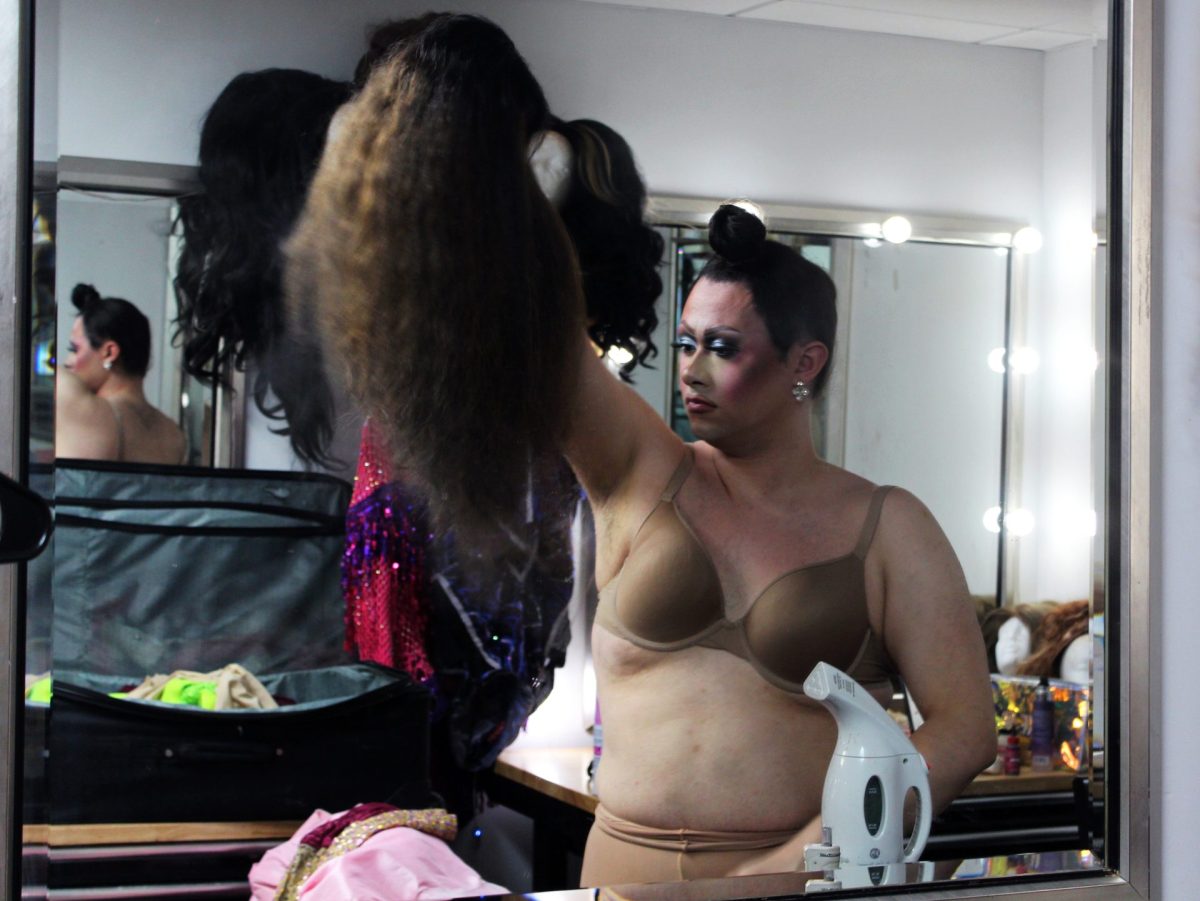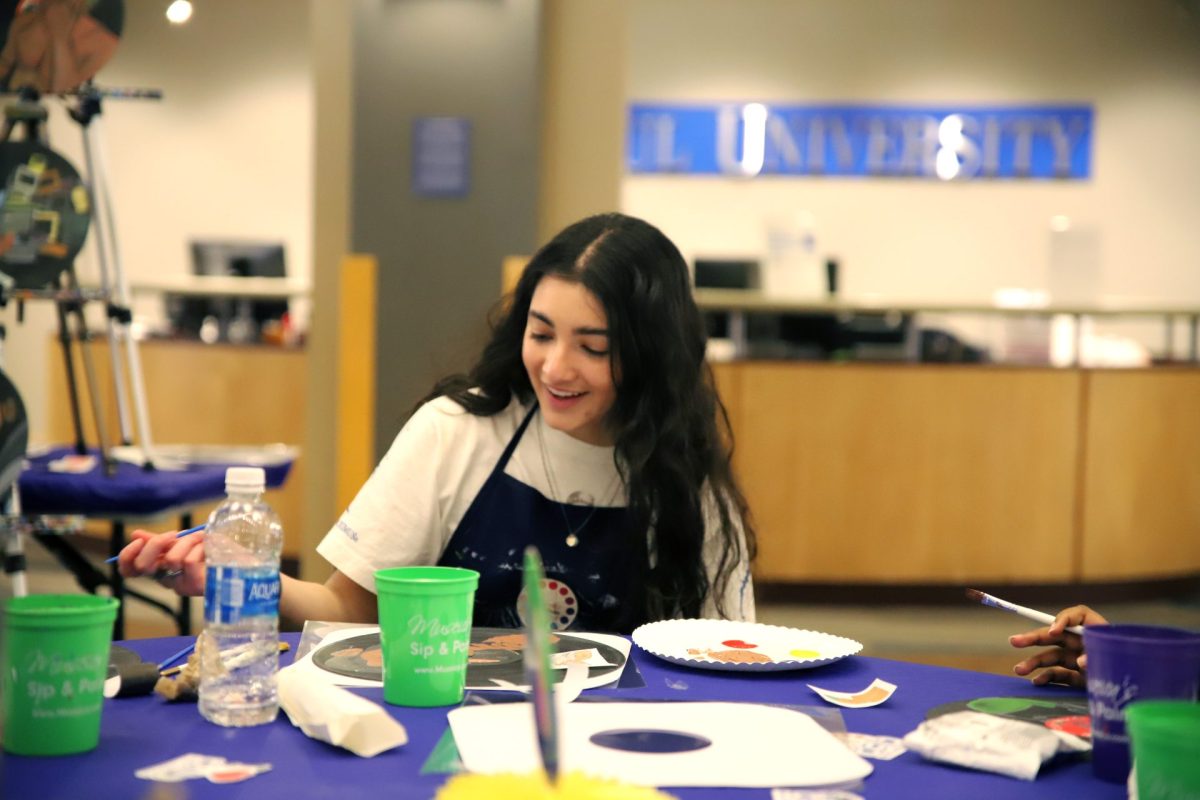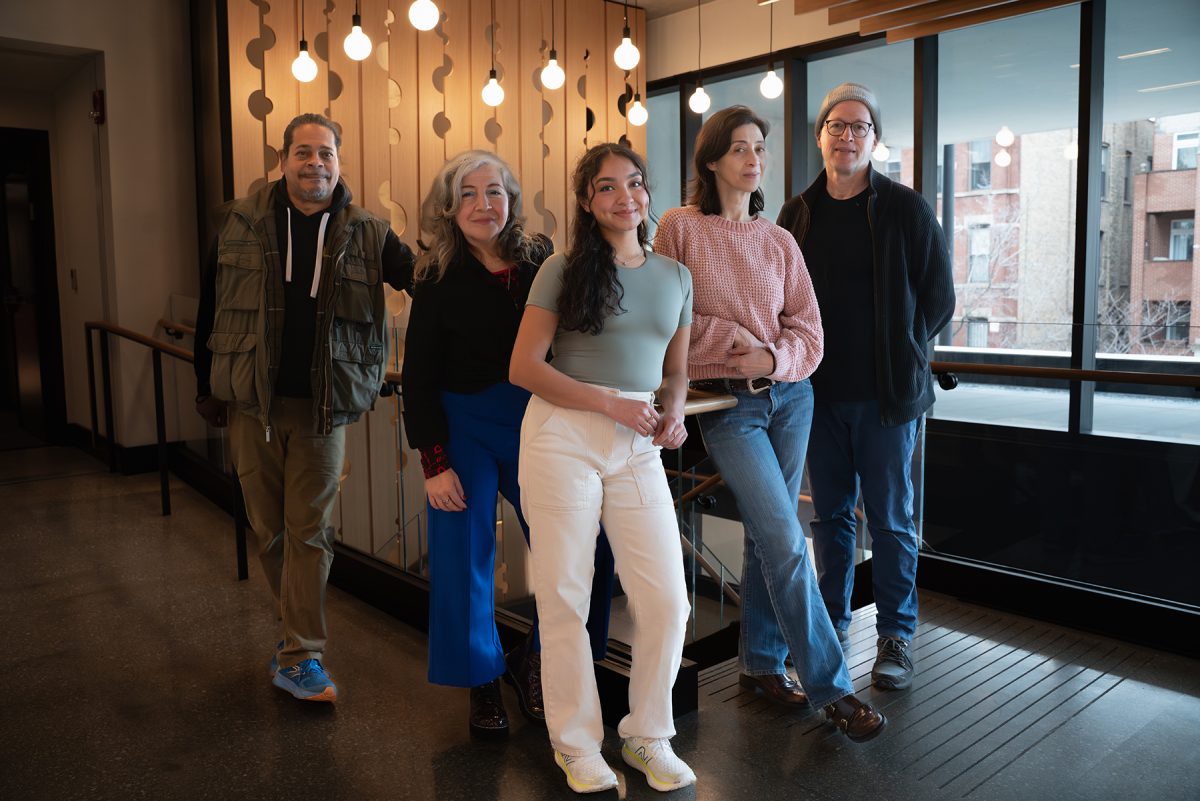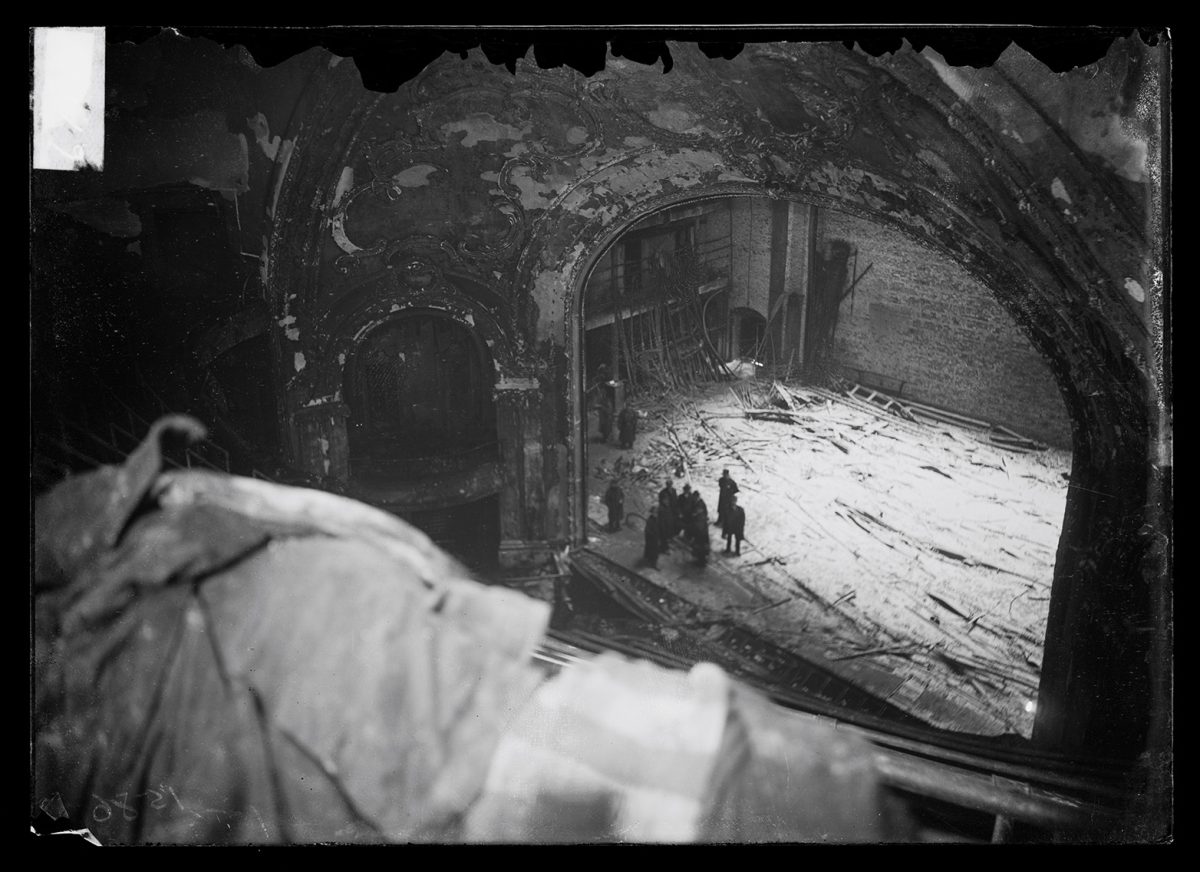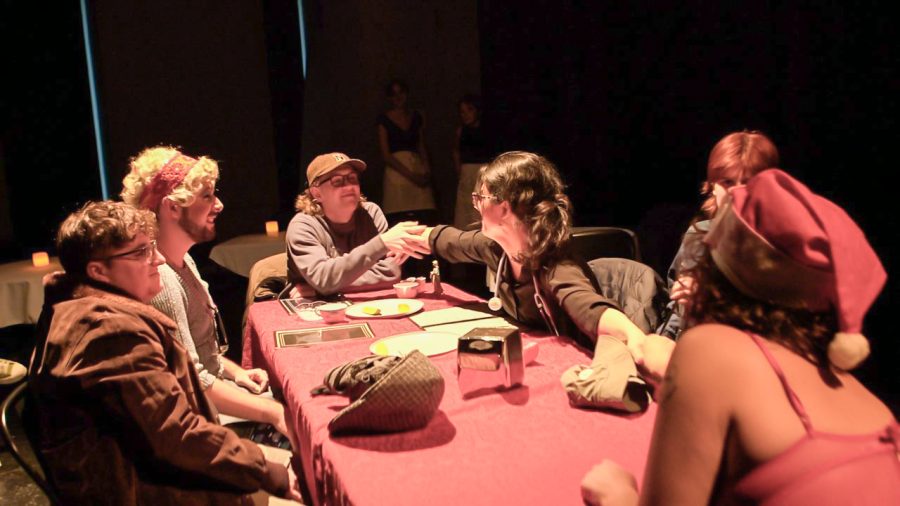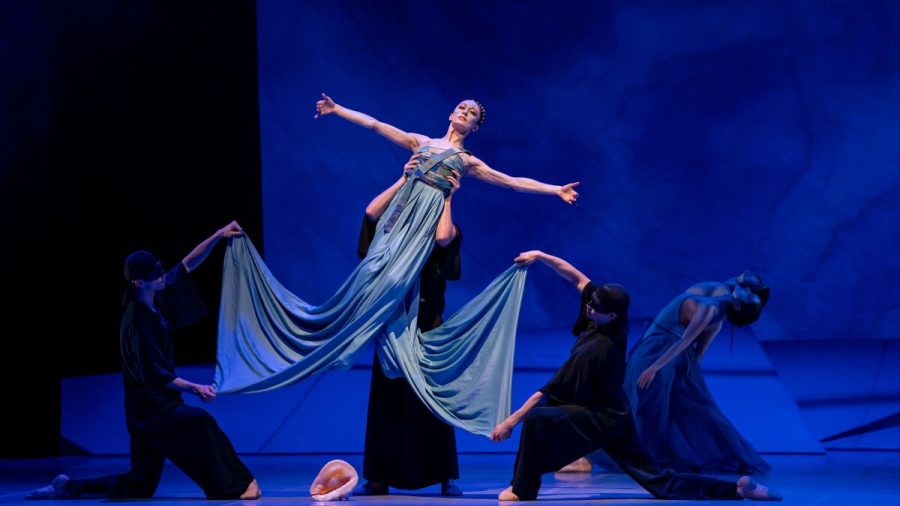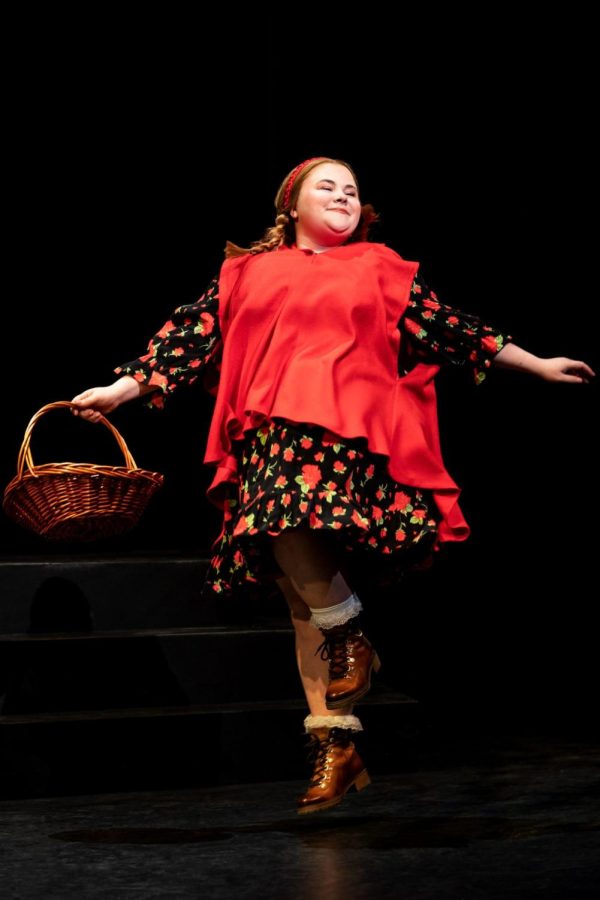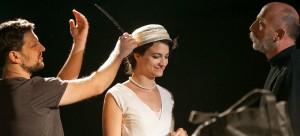
Beauty was to be found in chaos last Monday night as the DePaul Humanities Center kicked off its season with “Sounds Generated from Almost Nothing from a Fully Corrupted Material,” featuring members of Chicago’s Theatre Y improvising an aural deconstruction of Samuel Beckett’s 1962 play “Happy Days,” through vocalization, sound manipulation and sampling. The concert, as the artists described it, compelled audience members to reflect upon preconceptions of language and sound, merely using Beckett’s play as a platform on which to challenge these ideas, and to create a memorable experience, “from Almost Nothing.”
“If you hate this kind of performance that’s OK, because it’s interesting. Because if you hate this kind of performance you have to ask yourself why you hate it,” director and performer Andras Visky said,
While indeed, the performance might not be immediately enjoyable to every viewer, it was certainly impactful, prompting viewers to question their notions of sound, music and performance as a whole. And if there were audience members asking themselves why he or she “hated” the performance at the beginning, by the end they likely found themselves not really hating it at all.
Actress and vocalist Melissa Lorraine delivered lines from the text, accompanied by conceptual artist Peter Szabo’s audio manipulation and director Andras Visky’s sampling.
Approached by the performers as a concert, and in line with Beckett’s own desire to explore the lack of meaning in sound and also the meaning in the lack of sound, words and concrete ideas are forgone in favor of an overwhelmingly corporeal experience. There is meaning to be found, but those are meanings evoked in the viewer by the experience itself, rather than read explicitly from the text.
“We don’t create meaning for the audience, we just offer a possibility for everybody to put together,” Visky said.
The visceral nature of the piece was compounded by the conversational flow of the performers.
Visky said the creative process was largely instinctual. Lorraine would react to Visky and Szabo, and vice versa.
“We try to simply follow our body,” Visky said.
This improvisational method resulted in a performance that demanded the attention of the audience, and while at times abrasive, the results were never boring, and consistently challenging. Its impact, in part, was derived from the performers’ welcoming of artistic accidents of chance.
DePaul Humanities Programmer Peter Steeves said that this facet of the performance, in its conveyance of the power and profundity of the accident in art, put him in the mind of John Cage and Merce Cunnigham, choreographer, as well as Cage’s partner, collaborating.
It was also reminiscent of John Lennon and Yoko Ono’s “Cambridge 1969,” in which Lennon accompanied Ono’s vocals on guitar feedback.
The fact that the performance provoked a comparison of two sets of romantic partners is a testament to the intuition and amazing kinetic energy conveyed between the performers. Lorraine’s vocal performance is similarly powerful to Ono’s, and, at its dynamic apex, awakens the listener from the proceeding hypnotic interchange of words and persistently droning distortion of the amplifiers.
Whether the performance had any meaning to convey, and whether it successfully functioned as a deconstruction of Beckett’s text, has no significance. What matters is that it was a unique experience that can never be reproduced, at least not in the same form. It will leave a mark on the audience and open its mind.
Theatre Y’s adaptation opens Oct. 17. The DePaul Humanities Center’s season continues Oct. 15, with “Follow Me Down: Portraits of Louisiana Prison Musicians,” a film screening and Q&A session with director Ben Harbert.


